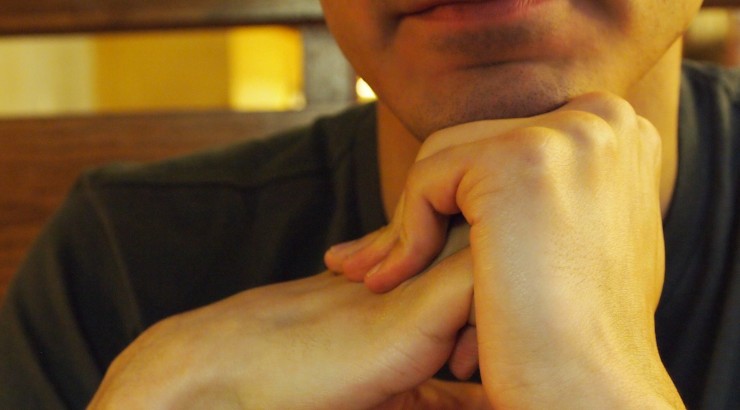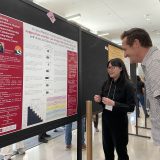Conventional Wisdom v. Science: Knuckle Cracking Student Essay from the HON 389 Science Blender Course
March 5, 2016
Throughout the year, we will be publishing essays from Professor Andrew Lyon‘s Honors 389 course “The Science Blender” . The first paper of the term asked students to:
Research and summarize an example of our evolving scientific knowledge. That is, how has society’s scientifically-driven “conventional wisdom” on a topic evolved as new scientific knowledge has come to light?”
Below is one student’s essay on the topic.
Many of us crack our knuckles; it may be to relieve pressure, a nervous habit, or it just plain and simply feels good. However, growing up many of us were led to believe this habit was bad for our joints. We were told it would cause things like fat knuckles, bone damage, and arthritis. Even with this conventional wisdom, or old wives tale, being imparted on us from our youth many people continue to crack their knuckles. With all that being said is there actually any scientific proof to back up the negative health claims made?
It was believed that the popping noise was the result of the bones grinding against each other. This would then give good support to the idea that cracking your knuckles results in joint damage. Dr. Donald Unger didn’t agree with this idea that his mother, several aunts, and his mother-in-law tried to impose upon him. In a letter to the editor of Arthritis and Rheumatism, Unger wrote,
“During the author’s childhood, various renowned authorities (his mother, several aunts and his mother-in-law) informed him that cracking his knuckles would lead to arthritis of the fingers.”
He proceeded to test this hypothesis by only cracking the knuckles on his left hand at least twice a day for 50 years. At the end of this study the findings suggested a lack of correlation between knuckle cracking and the development of osteoarthritis.
In science, the more data available that supports an idea the more likely people are to agree with the findings. Unger being the only subject of his study makes his results interesting, but not necessarily reliable. In the article The Consequences of Habitual Knuckle Cracking, twenty-eight residents of a Jewish home for the aged who were able to recall were asked whether or not they cracked their knuckles. They were examined clinically and x-rayed to look for any indicators of trauma to the joints. Their data also failed to support evidence that knuckle cracking leads to changes in the joints with old age.
To further support this claim with more data Jorge Castellanos and David Axelrod studied if there is a relation between knuckle cracking and osteoarthritis with functional impairment of the hand. They had 300 subjects, of which 74 claim to habitually crack their knuckles and the rest claim not to. Their groups had an even distribution of the sexes and similar prevalence’s for joint damaging and pain causing diseases. This paper explains that,
“the flow of synovial fluid is towards the low pressure regions… There is a release in vibratory energy, which may be responsible for the cracking sound. This phenomenon is responsible for the erosion of ship propellers and blades of turbines.”
However, the results of the study suggest that habitual knuckle cracking does not relate to osteoarthritis.
Although people believed and still say that cracking your knuckles causes arthritis the research doesn’t support this idea. There are many other studies that also refute this old wives tale and support the act of knuckle cracking as not being a precursor to arthritis.


